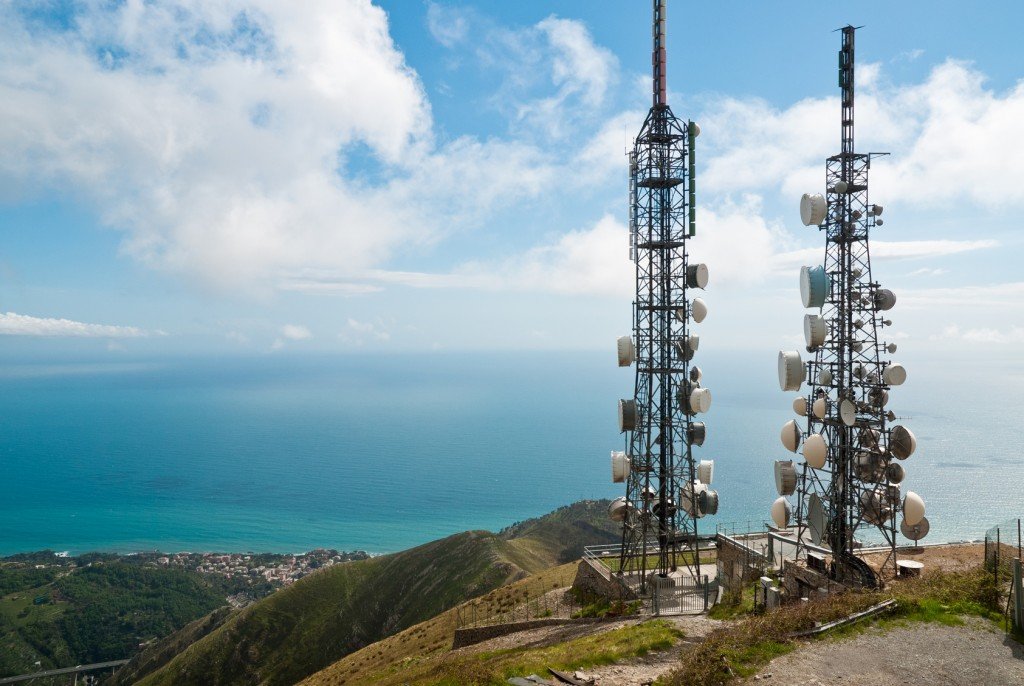The US continues its pursuit of Chinese telco equipment manufacturer Huawei in the latest missive fired out of the US State Department this week. Under the heading of “5G: Who can you trust?” the US department charged with diplomacy makes the fairly luke-warm argument that Huawei cannot be trusted.
To make their own assessment, State encourages 5G network builders – and by extension, consumers – to ask themselves three questions about equipment vendors, and these questions got me thinking.
First up, here’s the questions themselves, straight from State:
- Is the company headquartered in a country where there is rule of law and an independent judiciary in place? This provides evidence of whether a company can withstand pressure to compromise its network.
- Does the company have a transparent ownership structure? This ensures that consumers will know who is really making the decisions, particularly if a company is partially or wholly controlled by a foreign power.
- Does the company have a history of ethical behaviour? Past performance is the best way to determine whether consumers can trust a company’s claims that it will not compromise its networks.
On its face, these seem like three pretty reasonable questions, right?
A company headquartered in a country without the rule of law and/or an independent judiciary, that hides its ownership structure, and has a poor history of ethical behaviour is almost certain to be a company you don’t want to trust.
But how many companies can that actually be said about? Is it exclusively a Chinese problem? Is it even a Chinese problem? Are we even asking the right questions?
Is the company headquartered in a country where there is rule of law and an independent judiciary in place?
In countries around the world – and I’m not including China in this one – the rule of law and an independent judiciary is no guarantee that a company can “withstand pressure to compromise its network”. In fact, quite the opposite.
The rule of law and an independent judiciary can be a significant factor in companies being unable to withstand pressure to compromise their networks (or whatever else they do).
Take the US for example. It has secret courts (arguably run by an independent judiciary) that can force anyone – human, corporation or otherwise – to hand over information to the government for just about whatever purposes it imagines. Step away from those courts, and you still have a legal system which can – and does – compel the handing over of information on a daily basis for all manner of purposes.
Yes, some large corporations crow about how they resist unnecessarily broad subpoenas and warrants, but that’s not really the issue. With a fairly narrow subpoena or warrant, the information gets handed over straight away.
This is hardly a uniquely American problem – the same features can be found in jurisdictions the world over.
Yes, perhaps many of those jurisdictions cannot force companies to “compromise their networks” by inserting backdoors into their products.
Australia can, though, with new legislation introduced in the last couple of years. Better yet, whether it’s been used or not is a secret .. and it’ll probably never be reported.
So, the rule of law and an independent judiciary really doesn’t mean much.
Does the company have a transparent ownership structure?
This is a rather subjective question in my view – yes, objectively, you can look at whether a company has made public information about its ownership. In some jurisdictions – and I can talk more confidently about Australia than others – most information about corporations is either public, or accessible by the public for a modest fee. Information about owners, directors, shareholders and others is all accessible if you know where to look.
However, a company can structure its operations so that this information is harder to find. Nominee companies, agents and the like can obscure much about a company, but not all. A trustee can own shares for someone else’s beneficial interest – and that beneficiary may be the one making decisions about what a company does – but the identity of the trustee will still be apparent.
I’ve read much about how Huawei’s ownership is supposedly obscured. Huawei publishes its own information about its ownership, and it seems fairly transparent to me. In effect, the company is owned by its employees through an employee share program – the same as some other large corporations around the world.
It is technically a privately held company, meaning some of its operations are not required to be made public – things such as regular returns, dividends and the like.
However, a company’s ownership structure is but one (and a very small) measure of who’s making the decisions. There are many corporations in the US which make questionable decisions about their users’ data, for example, and their transparency (or lack of it) around ownership has next to no bearing on this.
A foreign power need not be involved for a corporation to make shit decisions. Just look at Facebook or Twitter.
Does the company have a history of ethical behaviour?
This question is an interesting one. State has restated its claim that Huawei has “a history of ethical violations, including stealing secrets from its competitors.” That’s as may be, but again, if we’re measuring companies by their ethics and being good corporate citizens, let’s have a look at other companies around the world and assess them.
Do Facebook and Twitter have a history of ethical behaviour? Facebook almost certainly does not. Twitter allows white supremacists, Nazis, and many more undesirable characters – and their behaviour – to go largely unchecked. Many American companies let their ethics go a little in using cheap overseas labour to maximise their profits, even when the employees building their devices are throwing themselves off buildings.
Ethical? Perhaps not.
It’s not just in tech, either. Look at clothing companies which benefit from cheap questionable labour from overseas. They’re in it too.
We agree, past behaviour can be a powerful indicator of future behaviour, but to identify a single company out for criticism – when so many are guilty of equally evil transgressions – is to miss the forest for a tree.
In an environment where corporate social responsibility is a buzzword and companies are ultimately answerable to their owners (and responsible for delivering profits to them before anything much else), measuring ethical behaviour is a risky road to go down.
Can the US honestly have us believe that Chinese corporations have questionable ethics and to hang them for it, when so many US-based (and, to be fair, worldwide) corporations are just as ethically challenged?
I’d suggest it’s not as black and white as State would have us believe, and everything that comes out of the US – particularly when it’s as politically charged as this – should be taken with a huge dose of salt.




